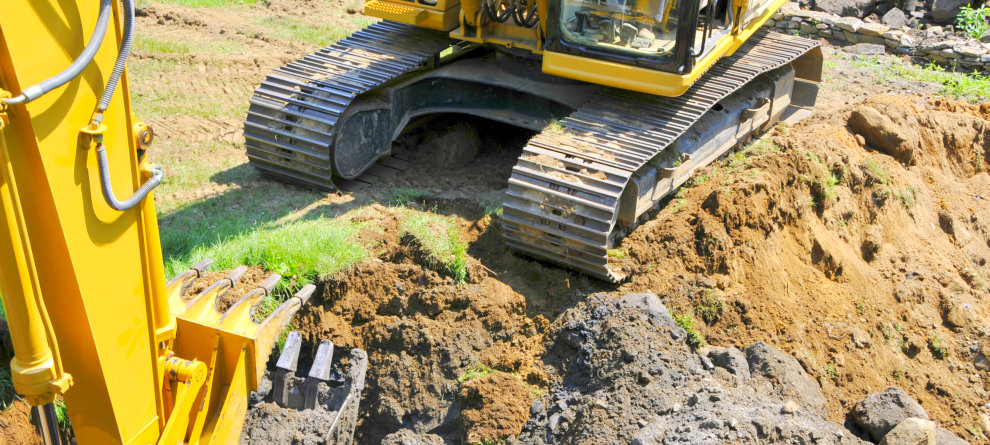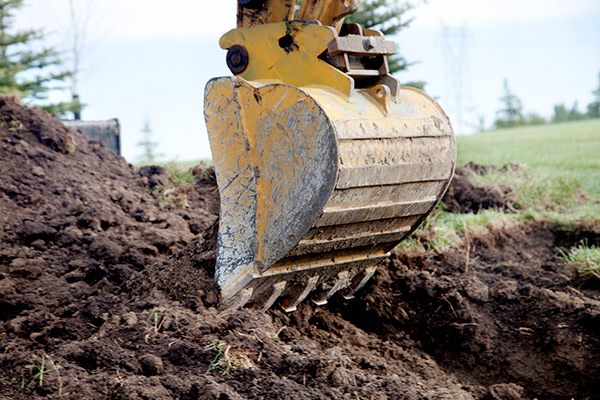Industrial Lancaster Trenching - Trenching Solutions for Services in Lancaster
Comprehensive Excavation Methods: Mastering the Fundamentals for Success
The careful planning, precise implementation, and careful attention to detail called for in excavation tasks require a thorough strategy that encompasses numerous basic elements. The true proficiency exists not just in understanding these fundamentals but in flawlessly incorporating them to navigate the complexities of excavation tasks with skill.
Comprehending Excavation Project Planning

Effective excavation jobs are improved the structure of thorough and detailed preparation. The preliminary stage of any kind of excavation job is the preparation phase, where important decisions are made that can significantly affect the outcome of the job. During this phase, it is necessary to collect all appropriate info about the site, including topographical studies, dirt structure, and any type of possible risks that might exist. Understanding the job range, spending plan, and timeline restraints is vital for producing a detailed excavation strategy that guarantees the project's success.
One key aspect of excavation task planning is the development of a thorough timeline that details the sequence of activities, landmarks, and due dates. By carefully taking into consideration all these aspects during the preparation phase, excavation jobs can be implemented effectively and efficiently, leading to effective results - dump truck companies in ohio.
Soil Evaluation and Site Analysis
Performing comprehensive soil evaluation and site examination is an important action in the preparation stage of any excavation task. Soil evaluation involves figuring out the composition, structure, and properties of the soil at the excavation website. This details is essential for comprehending the dirt's bearing ability, moisture content, and potential for erosion, which are crucial consider determining the excavation methods and devices needed for the project.
Site analysis exceeds dirt evaluation and encompasses a broader evaluation of the total website problems. This analysis consists of recognizing any kind of possible threats, such as below ground energies, ecological worries, or unpredictable surface, that might affect the excavation procedure. By extensively reviewing the website, task supervisors can create effective excavation strategies that prioritize safety, efficiency, and ecological defense.
Using sophisticated innovations like ground-penetrating radar, soil sampling, and drone surveys can enhance the precision and performance of dirt evaluation and site assessment. Investing time and sources in these initial actions can eventually save time and avoid expensive hold-ups or complications throughout the excavation process.
Devices Choice and Usage
Efficient excavation tasks depend heavily on strategic tools choice and usage to guarantee optimal performance and productivity. Selecting the right equipment for the work is essential in taking full advantage of performance and lessening downtime. Factors such as the type of dirt, deepness of excavation, and project range play a significant duty in figuring out the most appropriate equipment for the job at hand.

In addition to picking the appropriate tools, proper use is vital to task success. Operators should be trained to manage the tools safely and effectively - excavating ohio. Normal upkeep checks and timely repairs help stop malfunctions and ensure consistent performance throughout the project
Precaution and Regulations Conformity
In the world of excavation jobs, prioritizing security steps and compliance with regulations is extremely important to making certain a safe and secure and legitimately sound operational setting. Precaution incorporate a variety of techniques, consisting of conducting detailed website evaluations, implementing correct signs and barriers, and giving appropriate security training for all personnel associated with the site here excavation process. Adherence to regulations, such as OSHA needs in the United States, ensures that the excavation task satisfies the essential requirements to safeguard workers, spectators, and the surrounding atmosphere.

Surveillance Development and Adjusting Methods
Exactly how can project managers properly track the development of excavation tasks and adapt their approaches appropriately to optimize end results? Monitoring development is crucial for guaranteeing that excavation tasks stay on track and satisfy target dates.

Conclusion
Finally, understanding the basics of extensive excavation strategies is essential for the success of any kind Get the facts of job. By comprehending project preparation, evaluating dirt and site conditions, selecting appropriate devices, adhering to safety regulations, and checking progression, job supervisors can make sure a reliable and smooth excavation process. Applying these methods will certainly cause effective results and minimize prospective threats or problems throughout the excavation job.
The first phase of any kind of excavation job is the preparation stage, where critical choices are made that can considerably influence the result of the project. Comprehending the project scope, budget, and timeline constraints is important for producing a comprehensive excavation plan look at this web-site that makes sure the project's success.
How can forecast supervisors effectively track the innovation of excavation projects and adapt their techniques appropriately to maximize end results? By closely keeping track of progression and being eager to adapt techniques, job managers can enhance the general success of excavation jobs.
By comprehending project planning, evaluating soil and site conditions, selecting suitable devices, conforming with security guidelines, and checking progression, task supervisors can make sure a reliable and smooth excavation procedure.